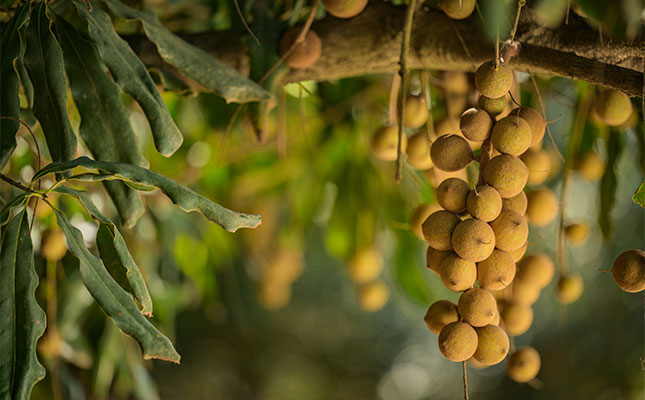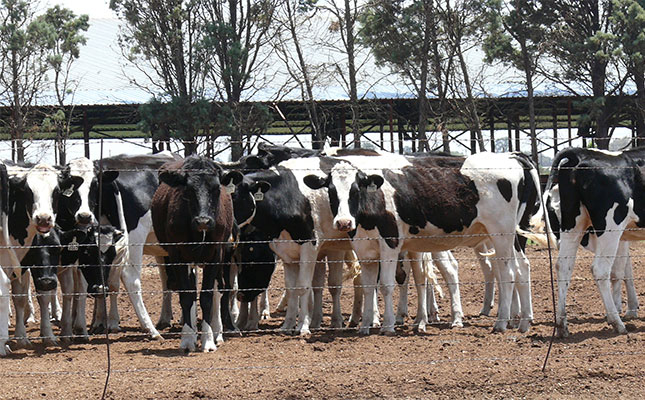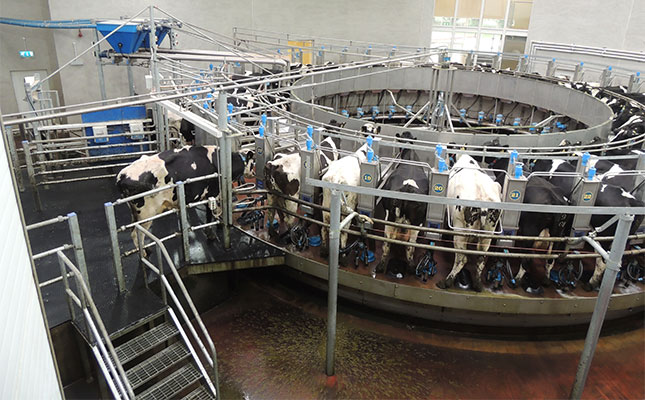
According to Statistics South Africa (Stats SA), the economy grew by a mere 0,1% quarter-on-quarter (seasonally adjusted). This marginal growth was carried largely by agriculture, which posted a 15,8% increase in gross domestic product, showing resilience even as the livestock industry buckled under the weight of disease outbreaks.
According to Stats SA, “good rains contributed to the [agriculture sector’s] fortunes, with horticulture benefitting the most. Animal products also fared well”.
In its quarterly commentary published on its website, the National Agricultural Marketing Council (NAMC) reinforced agriculture’s role in the economy, highlighting record-breaking export performance.
“Over the previous year, South Africa maintained its robust export growth of agricultural products in international markets, reaching a new record of US$13,7 billion [around R251 billion] in 2024,” Dr Solly Molepo, manager of trade research at the NAMC, said.
According to him, in Q1 2025 alone, exports rose 6% quarter-on-quarter to US$3,4 billion (R62 billion), with grapes leading at 21% of the total export value.
Other top contributors were maize (7%), apples and pears (3% each), plums (3%), wine (3%), and greasy shorn wool (3%). Africa remained the largest export destination (45%), followed by the EU (23%) and Asia (16%).
At the same time, agricultural imports declined by 5% to US$1,9 billion (R35 billion), largely due to reduced imports of apple juice, frozen poultry, and rice.
“Palm oil remained the top import [at 8% of total imports], despite an 8% drop,” Molepo added.








